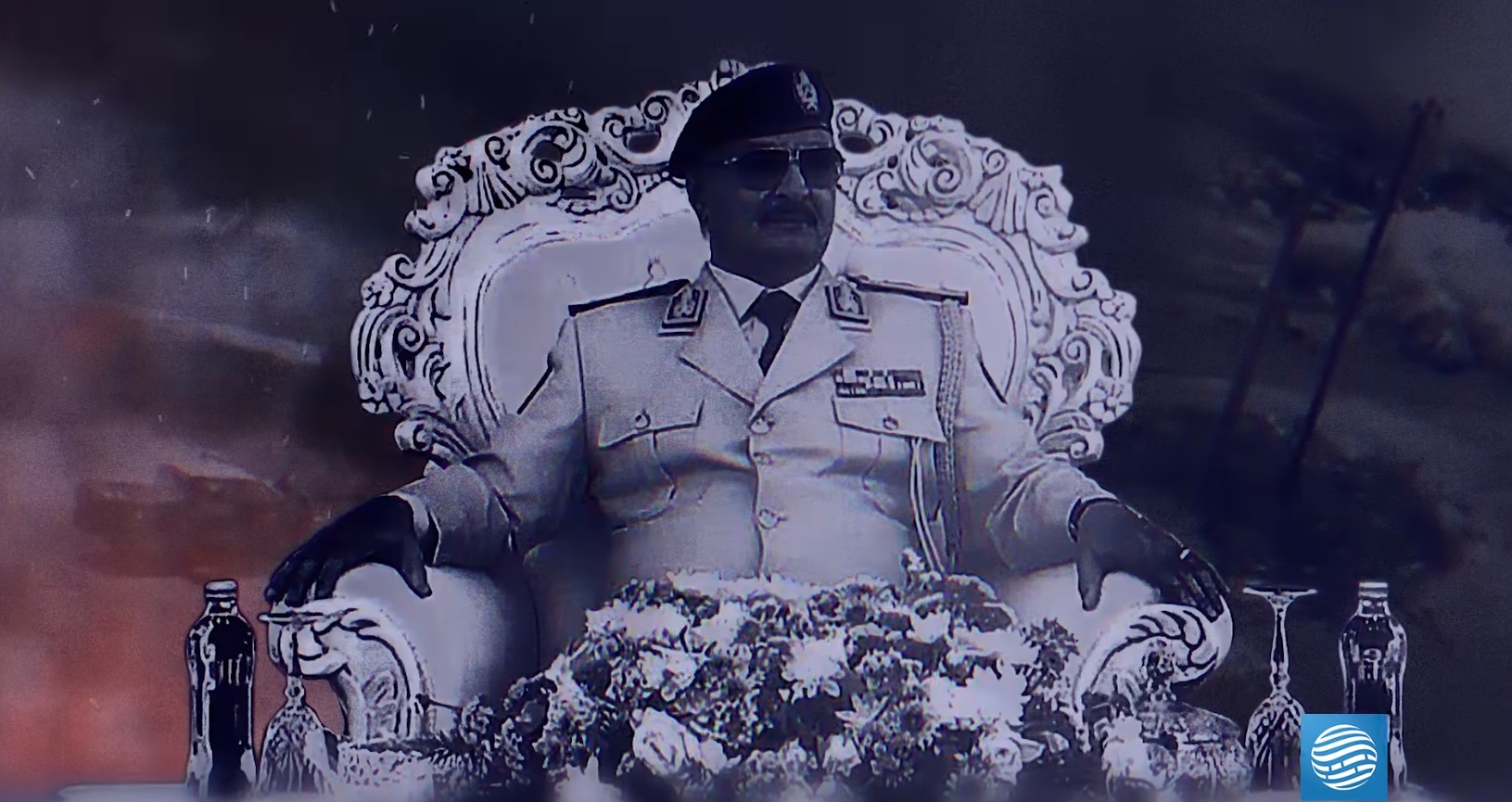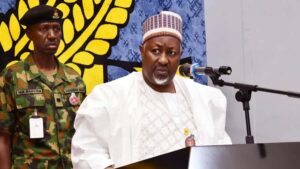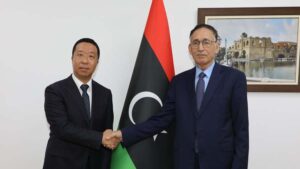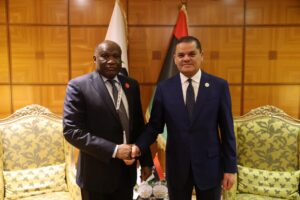Since the election of the interim Libyan Government of National Unity by the Libyan Political Dialogue Forum (LPDF) under the auspices of the UN in February, the interim executive authority has managed to somehow gather political opposites on one table, yet it failed to the same with the military ones.
The Libyan military institution has been fragmented since 2011 and its fragile structure has gotten even more torn by the continuous autonomy attempts of Khalifa Haftar’s militias since 2014. Today, Haftar’s militias pose a crystal clear threat to the political process and the hopes for a transition to general elections at the end of 2021.
Signs of Threat
After the end of Haftar’s spree of bloodshed from April 2019 to June 2020 – his offensive on Tripoli and western Libya – his militias got cornered in Sirte and he had to make concessions to the then government of national accord, thus agreeing in Geneva with the help of the UN Support Mission in Libya (UNSMIL) to be part of 5+5 Joint Military Commission with military men from the regular Libyan army under the legitimate military institution.
Despite the progress of the 5+5 commission that led to consolidating the ceasefire for more than a year now, Haftar is still acting on his own military-wise. He so far refused to withdraw his multinational mercenaries – Russian Wagner Group, Sudanese Janjaweed and Syrian as well as Chadian forces – from central Libya to allow the peace and reconciliation process of the Government of National Unity to take effect and to allow the coastal road to reopen between east and west Libya.
Moreover, his militias and mercenaries are still stationed in vital and sovereign positions for the Libyan state despite being completely detached from Libyan Army ranks and the legitimate military institutions; the positions include Libya’s largest oilfield, Al-Sharara.
Disobedience and Autonomy
Warlord Khalifa Haftar has publicly stated that his so-called General Command and self-styled Libyan National Army have no military or political links to the Government of National Unity (GNU). He announced through his mouthpiece, Ahmed Al-Mismari, that if the GNU wanted to enter a city under his control, he should know in advance to facilitate that, and Benghazi visit earlier this month is a living proof of Haftar’s rejection of the GNU, as his militias encircled Benina airport and prohibited the GNU from entering the city to convene the third ordinary meeting of the government at the time.
One could also venture to say that Haftar’s only legitimacy at this point is the weak actions of the new executive authority in terms of uniting the military institution and calling out the warlord and his militias for their war on civilians in 2019 and even in 2014 – the so-called Operation Dignity – Menfi met with Haftar and brought up to him some sense of impunity, Dbeibah didn’t meet with him, just yet, as his position as a man from Misrata, is much more complicated than that of Menfi, who comes from eastern Libya.
As a military man and a person who is after bringing Libya back to the family rule and authoritarianism, Haftar has never believed in elections and his only role since he came back to Libya during 2011 revolution against Gaddafi was to occupy high profile military positions and then move upward with his military junta ambitions. He saw opportunities in eastern Libya, where major tribes backed his plans for military force and he received unquestioned support from Egypt, UAE, France, Saudi Arabia, Jordan, and Russia, in addition of course to the US colorful lights: at times green light and at other times a yellow light as happened in 2019 war on the legitimate Government of National Accord and the western region.
The warlord’s plans and position in Libya are all dependent on foreign players and their interests in Libya, especially the UAE, France, Russia and Egypt. His insistence on keeping foreign mercenaries deployed among his militias, including Russia’s Wagner Group, shows that the warlord is not convinced of the ongoing political process nor is he buying any of the Libyan aspirations for stability and security that will be brought to the country with a fair and transparent election in December.
Mercenaries Hindering Peace
Haftar’s Russian Wagner Group mercenaries are still digging trenches between Sirte and the south, while the Janjaweed mercenaries are roaming inside Jufra. His plans have never changed, he wants to rule Libya and wants his sons and tribe to be his heirs to the military rule, just like Gaddafi.
Many observers believe that Haftar’s continued autonomous behaviors are away from the government and state institutions which jeopardize the progress of the political process in Libya, amid the continuous power supply for his militias by mercenaries, Russia, and the UAE.
Haftar’s textbook behavior is always based on his own interests, so he will never recognize the ongoing political process and will do all he can to get in the way of elections. The military parade for the seventh anniversary of his Operation Dignity, which forcibly displaced thousands, imprisoned hundreds and destroyed hundreds of houses, not to mention the high number of casualties, was some kind of a decoy to lure Dbeibah and Menfi into recognizing his failure military camping and to involuntarily recognize his as the General Commander of the Libyan National Army.





